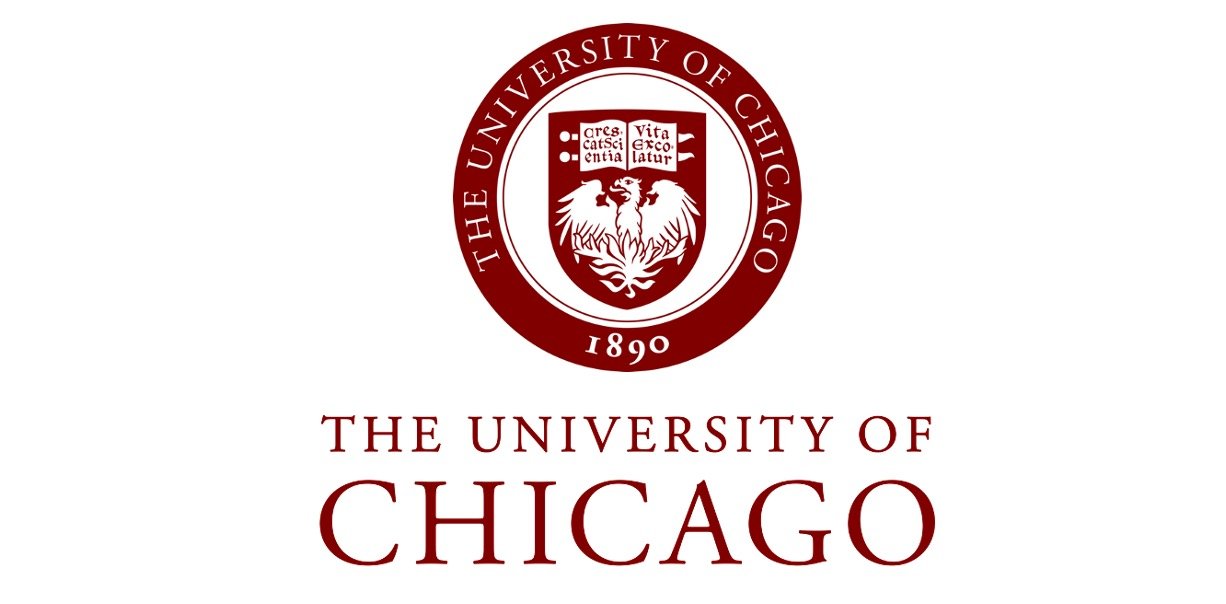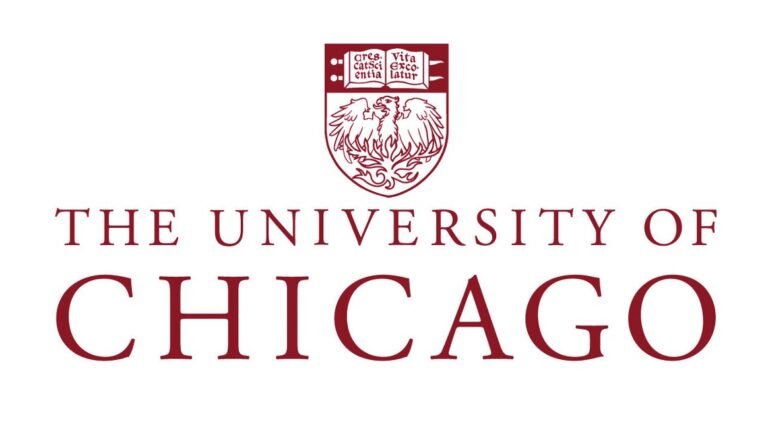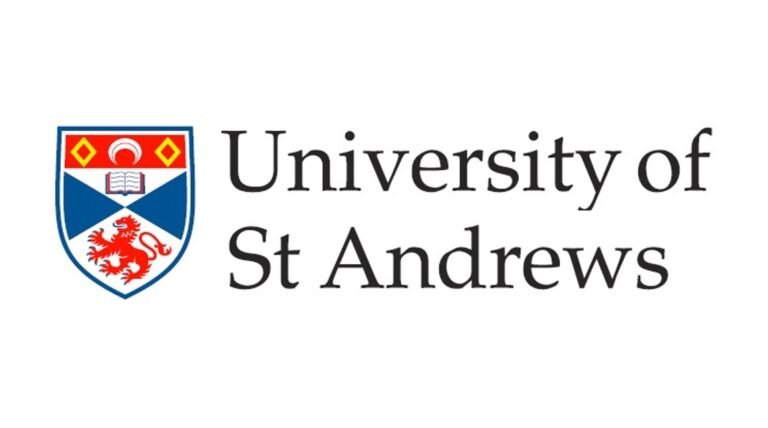Research projects available for the DPhil in Condensed Matter Physics include topics in biological physics, quantum materials and semiconductor materials, devices and nanostructures. Research in the department ranges from fundamental physics questions to interdisciplinary research and technological applications.
The DPhil in Condensed Matter Physics (CMP) is a research-based three- to four-year course. You will be supervised throughout the entire duration of the programme and join the research group of your supervisor.
There will usually be opportunity to attend conferences or conduct experiments, both in the extensive research facilities of the Clarendon Laboratory and at other institutions inside or outside the UK.
The course is hosted by the Condensed Matter Physics sub-department, one of six sub-departments of the Department of Physics, with most facilities and offices located in the Clarendon laboratory.
PhD Program Requirements
A first-class or strong upper second-class undergraduate degree with honours in physics or another relevant science. The equivalent of a UK four-year integrated MPhys or MSci degree is typically required. Bachelor’s degrees with a minimum four years’ standard duration may satisfy the entry requirements.
Entrance is very competitive and most successful applicants have a first-class degree or the equivalent. In exceptional cases, the requirement for a first-class or strong upper-second class undergraduate degree with honours can be alternatively demonstrated by a graduate master’s degree or substantial directly-related professional or research experience.
For applicants with a degree from the USA, the typical minimum GPA sought is 3.3 out of 4.0. However, selection of candidates also depends on other factors in your application and most successful applicants have achieved higher GPA scores.
Details of any publications. Many candidates with no peer-reviewed publications receive offers each year.
Research or professional experience in areas aligned with the proposed supervisors’ research interests.
Depending on the project, evidence of training in scientific computer programming or related numerical techniques.
Previous experience in a scientific or technical research environment.
PhD Funding Coverage
The University expects to be able to offer over 1,000 full or partial graduate scholarships across the collegiate University.
You will be automatically considered for the majority of Oxford scholarships, if you fulfil the eligibility criteria and submit your graduate application by the relevant December or January deadline.
Most scholarships are awarded on the basis of academic merit and/or potential.
Application Requirement
1. Online Application
2. Official transcript(s): Your transcripts should give detailed information of the individual grades received in your university-level qualifications to date. You should only upload official documents issued by your institution and any transcript not in English should be accompanied by a certified translation.
3. Research proposal: The research proposal should outline your reasons for wishing to study for a DPhil in Condensed Matter Physics and the type of research project that you wish to undertake. It is not necessary to be very specific about your choice of project, but if you do have a clear preference for a particular research area or supervisor please indicate and explain this.
4. CV/résumé: A CV/résumé is compulsory for all applications. Most applicants choose to submit a document of one to two pages highlighting their academic achievements and any relevant professional experience.
5. GRE General Test scores: No Graduate Record Examination (GRE) or GMAT scores are sought.
6. English language proficiency: This course requires proficiency in English at the University’s higher level. If your first language is not English, you may need to provide evidence that you meet this requirement.
Application Deadline
1 March 2026
Application Fee
An application fee of £75 is payable per course application.











